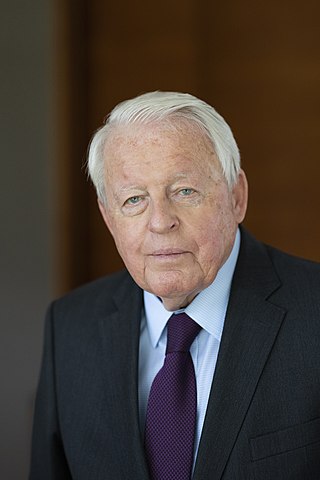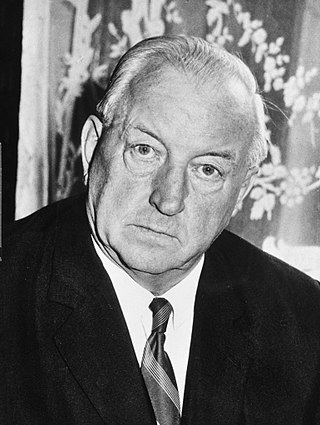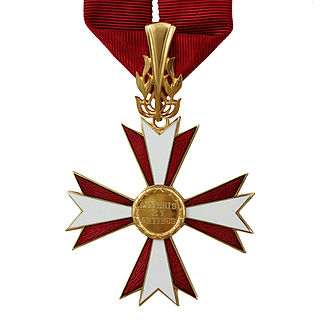Contents
| |||||
| Decades: | |||||
|---|---|---|---|---|---|
| See also: | Other events of 1972 List of years in Austria | ||||
Events from the year 1972 in Austria .
| |||||
| Decades: | |||||
|---|---|---|---|---|---|
| See also: | Other events of 1972 List of years in Austria | ||||
Events from the year 1972 in Austria .

The president of Austria is the head of state of the Republic of Austria.

Franz Vranitzky is an Austrian politician. A member of the Social Democratic Party of Austria (SPÖ), he was Chancellor of Austria from 1986 to 1997.

Leopold Figl was an Austrian politician of the Austrian People's Party and the first Federal Chancellor after World War II. He was also the youngest Federal Chancellor of Austria after the war before Sebastian Kurz.

Alfred Sinowatz was an Austrian historian and politician of the Social Democratic Party (SPÖ), who served as Chancellor of Austria from 1983 to 1986. Prior to becoming Chancellor, he had served as Minister of Education from 1971 to 1983 and Vice-Chancellor from 1981 to 1983.

Josef Klaus was an Austrian politician of the conservative People's Party (ÖVP). He served as State Governor (Landeshauptmann) of Salzburg from 1949 to 1961, as Minister of Finance from 1961 to 1963 and as Chancellor of Austria from 1964 to 1970.

Wilhelm Miklas was an Austrian politician who served as President of Austria from 1928 until the Anschluss to Nazi Germany in 1938.

Alfons Gorbach was an Austrian politician of the conservative People's Party (ÖVP). He served as Chancellor of Austria from 1961 to 1964.
Hans Janitschek was an Austrian writer, a former Secretary General of the Socialist International, and the U.S. correspondent for the Austrian newspaper, the Kronen Zeitung.
The following lists events that happened during 2007 in Austria.
Maximilian Leopold Löblich was an Austrian entrepreneur, coppersmith, engineer and president of Löblich & Co., the oldest heating manufacturer in Austria.

The Austrian Decoration for Science and Art is a state decoration of the Republic of Austria and forms part of the Austrian national honours system.

The July Putsch was a failed coup attempt against the Austrofascist regime by Austrian Nazis from 25 to 30 July 1934.

The Social Democratic Party of Austria is a social democratic political party in Austria. Founded in 1889 as the Social Democratic Workers' Party of Austria and later known as the Socialist Party of Austria from 1945 until 1991, the party is the oldest extant political party in Austria. Along with the Austrian People's Party (ÖVP), it is one of the country's two traditional major parties. It is positioned on the centre-left on the political spectrum.
Since its foundation in 1889, the Social Democratic Party has often been one of the main political forces in Austria. At the start of the First World War it was the strongest party in parliament, and on the ending of that war in 1918 the party leader Karl Renner became chancellor of the First Republic. The party lost power in 1920, but retained a strong base of support in the capital Vienna. A period of rising political violence culminated in the banning of the Social Democratic Party under the Austrofascist dictatorship (1934–38).
Events from the year 1973 in Austria.
Events from the year 1975 in Austria.